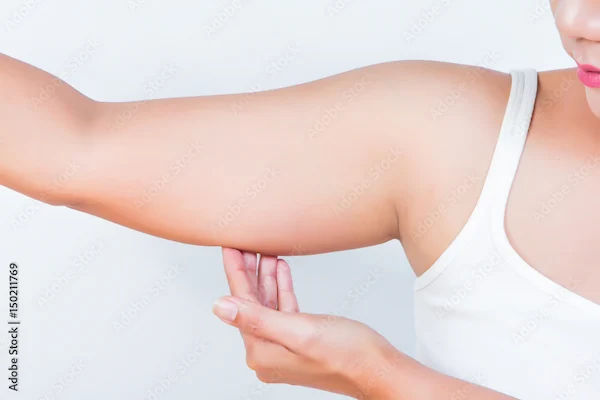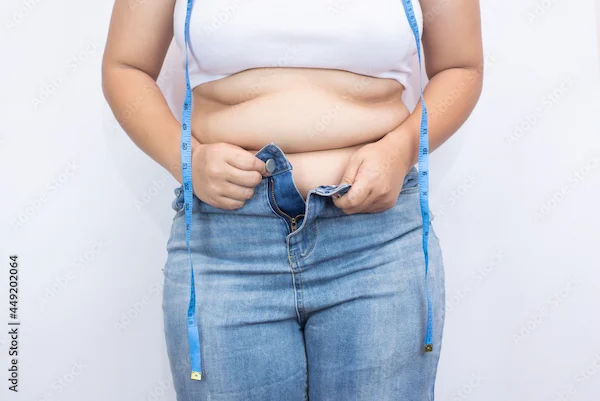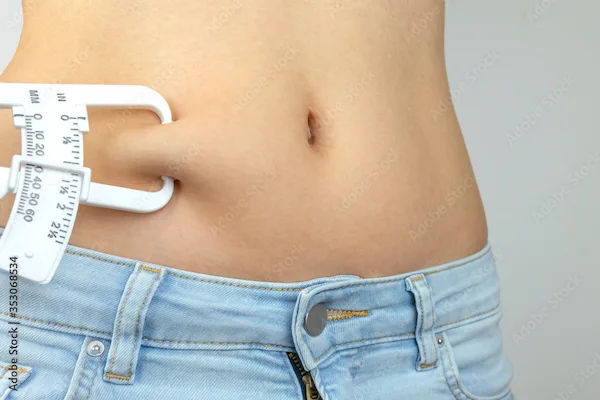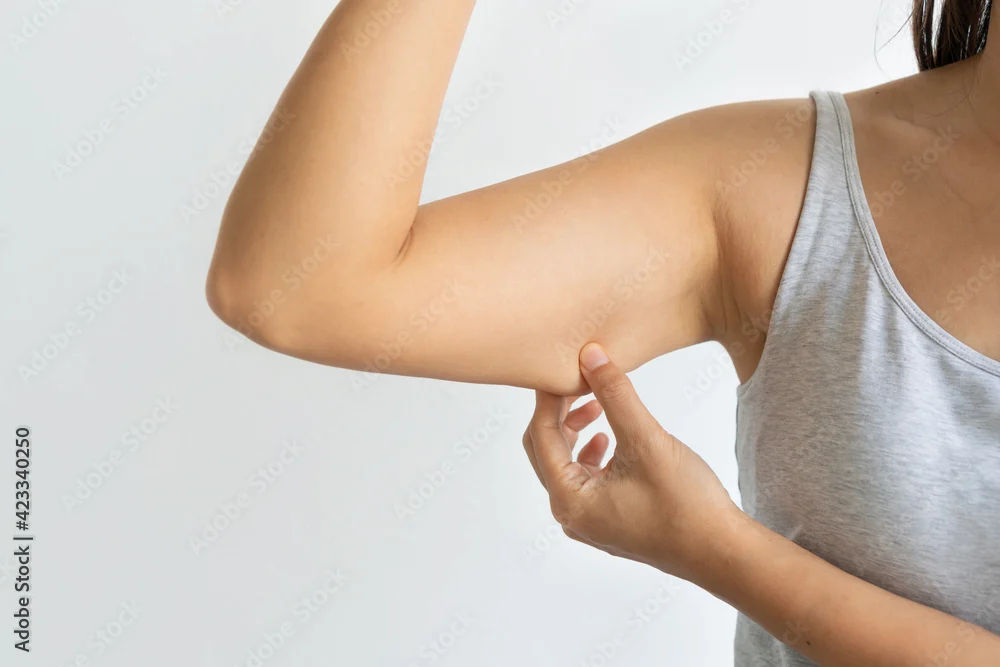How to Reduce Fat Without Exercise?
Understand about fat and its role in the body. Discover effective methods to reduce body fat without exercise. Learn about hydration, metabolism, dietary changes, sleep, and stress management to achieve sustainable fat loss.

Written by Dr.Sonia Bhatt
Last updated on 3rd Jul, 2025

While exercise is considered a key component of fat loss, it is not the only way to shed unwanted weight. Physical activities can help people burn calories and boost metabolism, but a calorie deficit primarily drives fat loss. This means people can still achieve results without intense workouts. Factors that can significantly manage body fat include sleep, hydration, diet, and lifestyle choices. The blog explores effective ways to reduce fat without exercise, focusing on mindful eating, sustainable lifestyle changes and metabolism-boosting habits that support a healthier body.
Understanding Fat and its Role in the Body
Fat is an essential component of the body, which helps serve as an energy reserve, insulating organs and aiding in hormone production. Though fat is essential for overall health, excessive fat accumulation can lead to obesity and other health complications. Hence, it is crucial to maintain a healthy body fat percentage for overall well-being. Excessive fat accumulation can increase the risk of cardiovascular diseases, metabolic disorders and diabetes. Understanding how to manage fat effectively without exercise can lead to sustainable weight management.
Role of Metabolism in Fat Reduction
Metabolism can play a pivotal role in how the body burns calories. Factors affecting metabolism include genetics, age, and lifestyle choices.
However, following a few tips can help in boosting metabolic rate naturally:
Stand and move around frequently to avoid prolonged sitting.
Eat metabolism-boosting foods like green tea, high-protein meals and spicy foods.
Get sufficient sleep and manage stress to maintain metabolic efficiency.
Consult Top Dietician
Fat Reduction Without Exercise
To reduce fat in the body, individuals can follow a few tips that can help them achieve the results they seek.
Balanced Diet
A balanced diet helps in ensuring that the body gets all its required nutrients while avoiding excess calories that contribute to fat gain. It is essential to prioritise whole foods, lean proteins, and healthy fats, which can significantly impact fat loss.
Mindful Eating
Mindful eating is all about being fully present during meals. It involves enjoying every bite and paying attention to the hunger and fullness cues of the body. This helps in making better food choices and reducing overeating.
A few tips may include the following:
Eating without distractions like TV or mobile phones.
Recognising emotional eating triggers.
Chewing food slowly and savouring every bite.
Also, eating slowly allows the brain to receive fullness signals, which helps in preventing overeating. This practice enhances digestion and nutrient absorption.
Portion Control
Overeating, even healthy foods, can contribute to fat accumulation. Hence, portion control is essential to help regulate caloric intake without compromising nutrition.
Avoid eating directly from packaging.
Use smaller plates to control portions.
Listen to hunger cues and stop eating when full.
Reduce Intake of Sugar and Refined Carbohydrates
Excess sugar and refined carbohydrates can contribute to fat storage by causing insulin spikes and promoting fat accumulation. Hence, it is essential to:
Read food labels to identify hidden sugars.
Replace white bread, pasta, and sugary drinks with whole grains and natural sweeteners.
Opt for complex carbohydrates like oats, quinoa and sweet potatoes.
Hydration
Drinking a glass of water before each meal is essential to help promote fat reduction. It allows one to stay hydrated and also curbs one’s appetite. Sometimes, the body confuses thirst with hunger, which can lead to unnecessary snacking or overeating. Proper hydration is essential for digestion, metabolism, and fat-burning processes. It helps control appetite and reduces cravings.
Tips for staying adequately hydrated include the following:
Drinking at least eight glasses of water daily.
Starting the day with a glass of water to kick-start metabolism.
Replacing sugary beverages with herbal teas and infused water.
Fibre Intake
Fibre can be an ally in the battle against excess weight. It is found in foods like whole grains, vegetables, fruits, and legumes. It helps make a person feel full and aids in digestion, helping regulate blood sugar levels. To incorporate fibre into the diet, individuals can start their day with a high-fibre breakfast, add more vegetables, fruits, and legumes to their meals, choose whole grain options when available, and add more nuts and seeds for additional fibre content.
Protein-Rich Foods
Protein is a powerhouse nutrient when it comes to weight loss. It helps in controlling the appetite by promoting feelings of fullness and satisfaction. It also helps in supporting the preservation of lean muscle mass, which is essential in maintaining a healthy metabolism. Individuals can include protein-rich foods in their diet, like fish, tofu, lean meats, poultry, beans, and low-fat dairy products. It is important to distribute the protein intake throughout the day to feel satisfied and energised.
Stress Management
Chronic stress can lead to elevated cortisol levels, which promotes fat storage, especially in the abdominal area. Stress can trigger a person to overeat. It can be detrimental to the weight loss efforts individuals make. Hence, it is essential to:
Practise yoga, meditation, and deep breathing exercises.
Engage in hobbies that one can enjoy to overcome stress naturally.
Get adequate rest and social support.
By incorporating stress-reduction techniques into a daily routine, individuals can reduce the likelihood of turning to food as a source of comfort during challenging times.
Planning Meals
Individuals can prepare meals in advance and ensure healthy options are readily available. This can help reduce the temptation to make unhealthy food choices when they feel hungry or are in a rush. One can start by creating a weekly meal plan that includes a variety of nutritious foods. Dedicating some time every week to meal prep, such as chopping vegetables or cooking proteins, can help assemble meals conveniently.
Lifestyle Changes to Reduce Fat
Individuals can incorporate the below-mentioned lifestyle changes to help in reducing fat without exercise:
Intermittent Fasting for Fat Reduction
This helps in regulating insulin levels, enhancing fat burning and supporting a healthier metabolism. One can start with a 12-hour fasting window and gradually increase and avoid overeating during eating windows.
Avoiding Late-Night Snacking
Late-night snacking can lead to excessive calorie intake and fat storage. Hence, it is essential to stick to regular meal timings and choose a healthy, protein-rich snack if necessary.
Reducing Alcohol Consumption
Alcohol can contribute to excess calorie intake and disrupt fat metabolism. One can limit alcohol consumption or opt for lower-calorie options. It is also essential to stay hydrated when consuming alcohol.
Is It Possible to Reduce Fat Without Exercise?
By burning more calories than one consumes, individuals can reduce fat and lose weight through diet alone. When people create a calorie deficit, their body might feel forced to burn fat for energy. While exercise helps in creating a more significant deficit, providing other health benefits, small changes in diet and lifestyle can also help in fat reduction over time.
Conclusion
Reducing fat without exercise is achievable through staying hydrated and consuming fibre-rich foods, adopting a balanced diet with portion control, implementing mindful eating habits and improving metabolism, prioritising sleep and managing stress. Sustainable fat loss is a journey that needs patience, consistency, dedication and self-care. Individuals can achieve long-term health and wellness by incorporating these strategies into everyday life.
Tags
Fat reduction
Weight loss without exercise
Fat reducing foods
Reducing fat without exercise
Losing weight without exercise
Consult Top Dietician
Consult Top Dietician

Ms. Shruthi Bhargavi
Dietician
9 Years • Msc (Nutrition and Dietetics)
Hyderabad
Apollo 24|7 Clinic - Telangana, Hyderabad

Ms. Shilpa Dasari
Dietician
5 Years • Bsc (Nutrition)
Hyderabad
Nourish"- Healthy Lifestyle, Hyderabad

Ms. Anupriya
Dietician
7 Years • B.Sc(Clinical Nutrition & Dietetics),M.Sc(Clinical Nutrition & Dietetics),Certified Diabetes Educator, Certificate course in Renal Nutrition.
Lucknow
Delight Sun Hospital, Lucknow
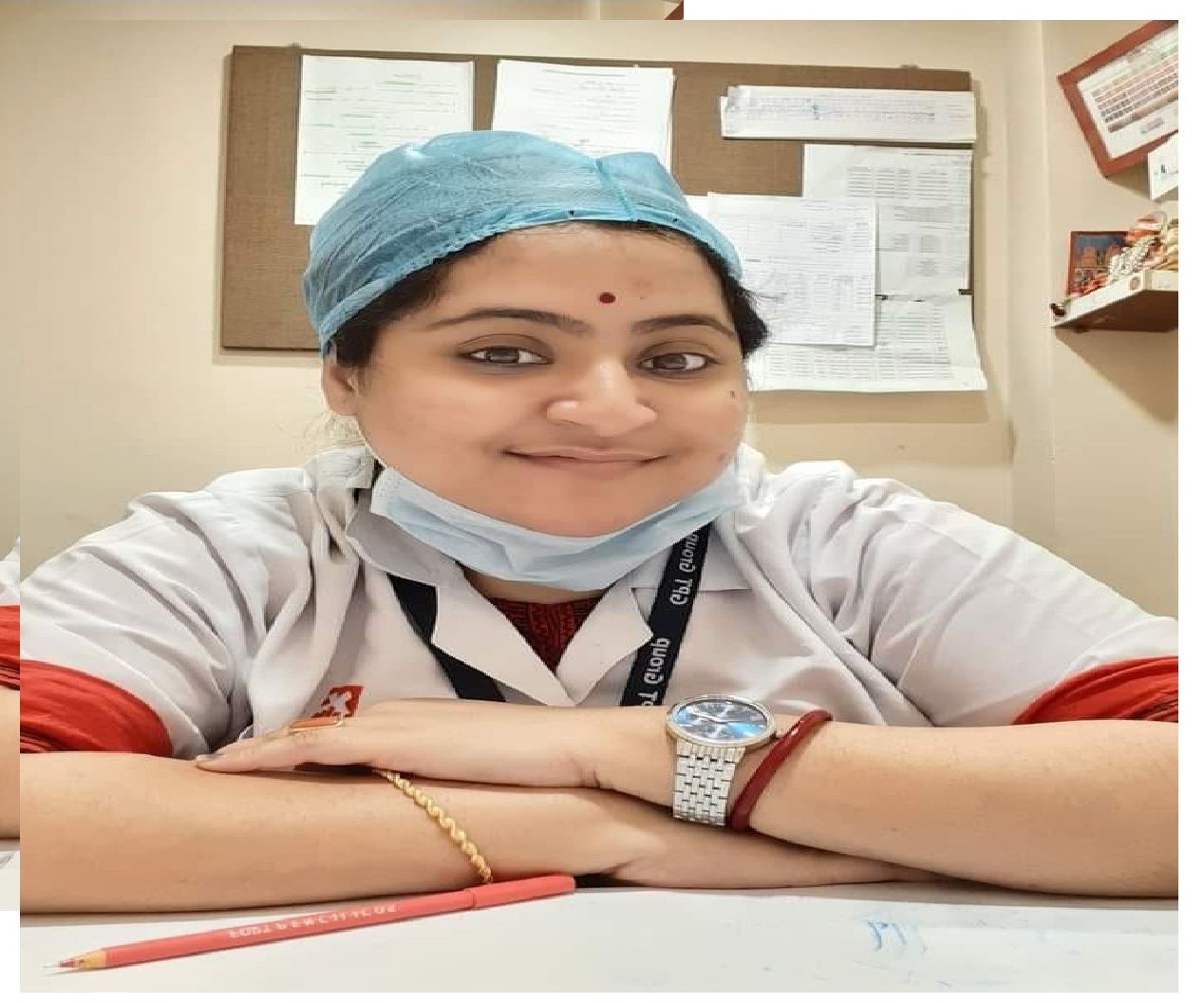
Ms. Poushali Ghosh
Dietician
9 Years • Msc in Applied Nutrition
Barasat
Diab-Eat-Ease, Barasat

Ms.. Raghavika Bellamkonda Bellamkonda
Dietician
6 Years • Msc nutrition
Hyderabad
Tanvi, Hyderabad
Consult Top Dietician

Ms. Shruthi Bhargavi
Dietician
9 Years • Msc (Nutrition and Dietetics)
Hyderabad
Apollo 24|7 Clinic - Telangana, Hyderabad

Ms. Shilpa Dasari
Dietician
5 Years • Bsc (Nutrition)
Hyderabad
Nourish"- Healthy Lifestyle, Hyderabad

Ms. Anupriya
Dietician
7 Years • B.Sc(Clinical Nutrition & Dietetics),M.Sc(Clinical Nutrition & Dietetics),Certified Diabetes Educator, Certificate course in Renal Nutrition.
Lucknow
Delight Sun Hospital, Lucknow

Ms. Poushali Ghosh
Dietician
9 Years • Msc in Applied Nutrition
Barasat
Diab-Eat-Ease, Barasat

Ms.. Raghavika Bellamkonda Bellamkonda
Dietician
6 Years • Msc nutrition
Hyderabad
Tanvi, Hyderabad

